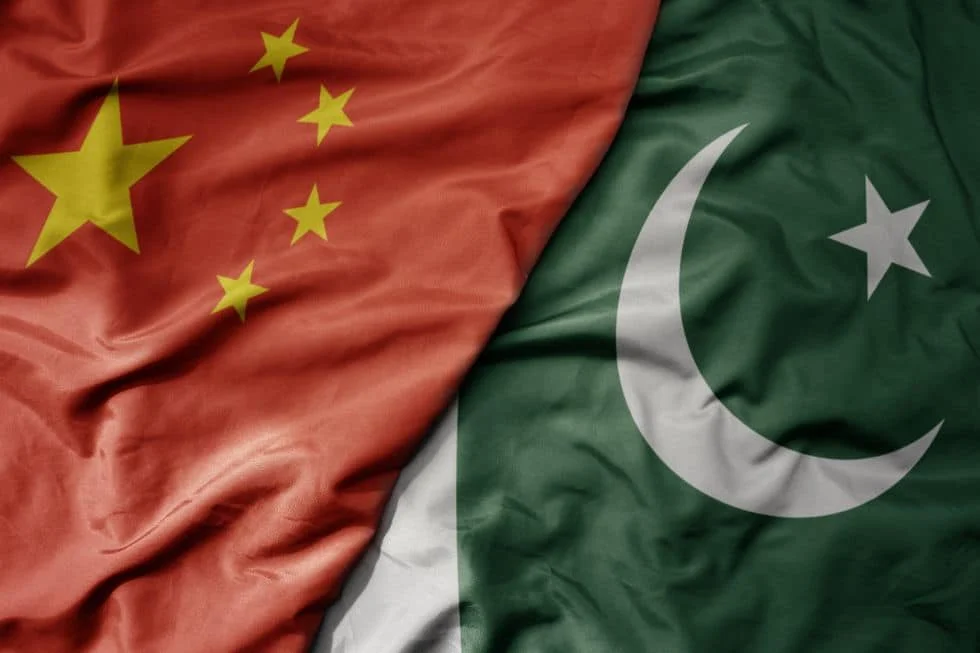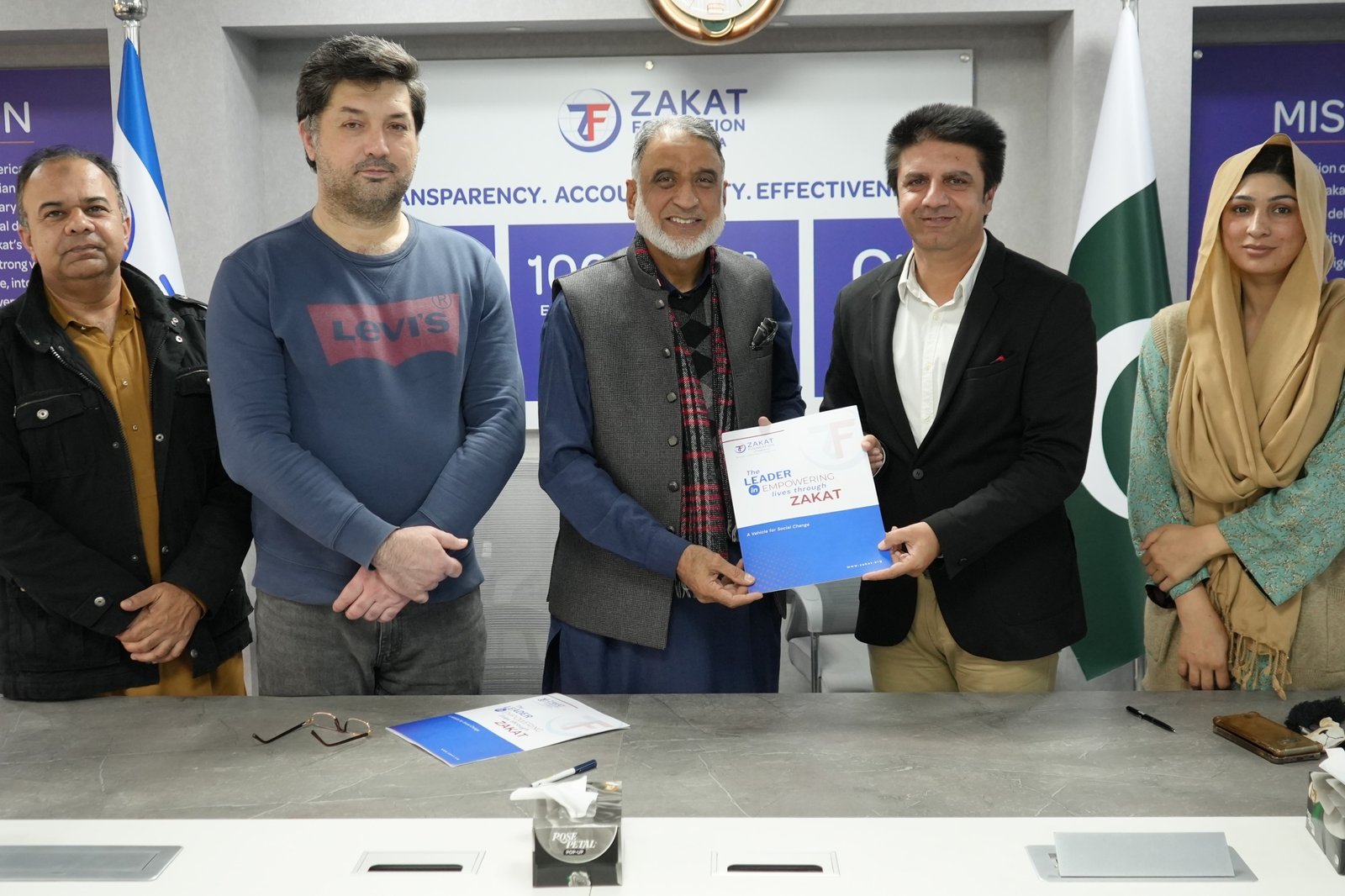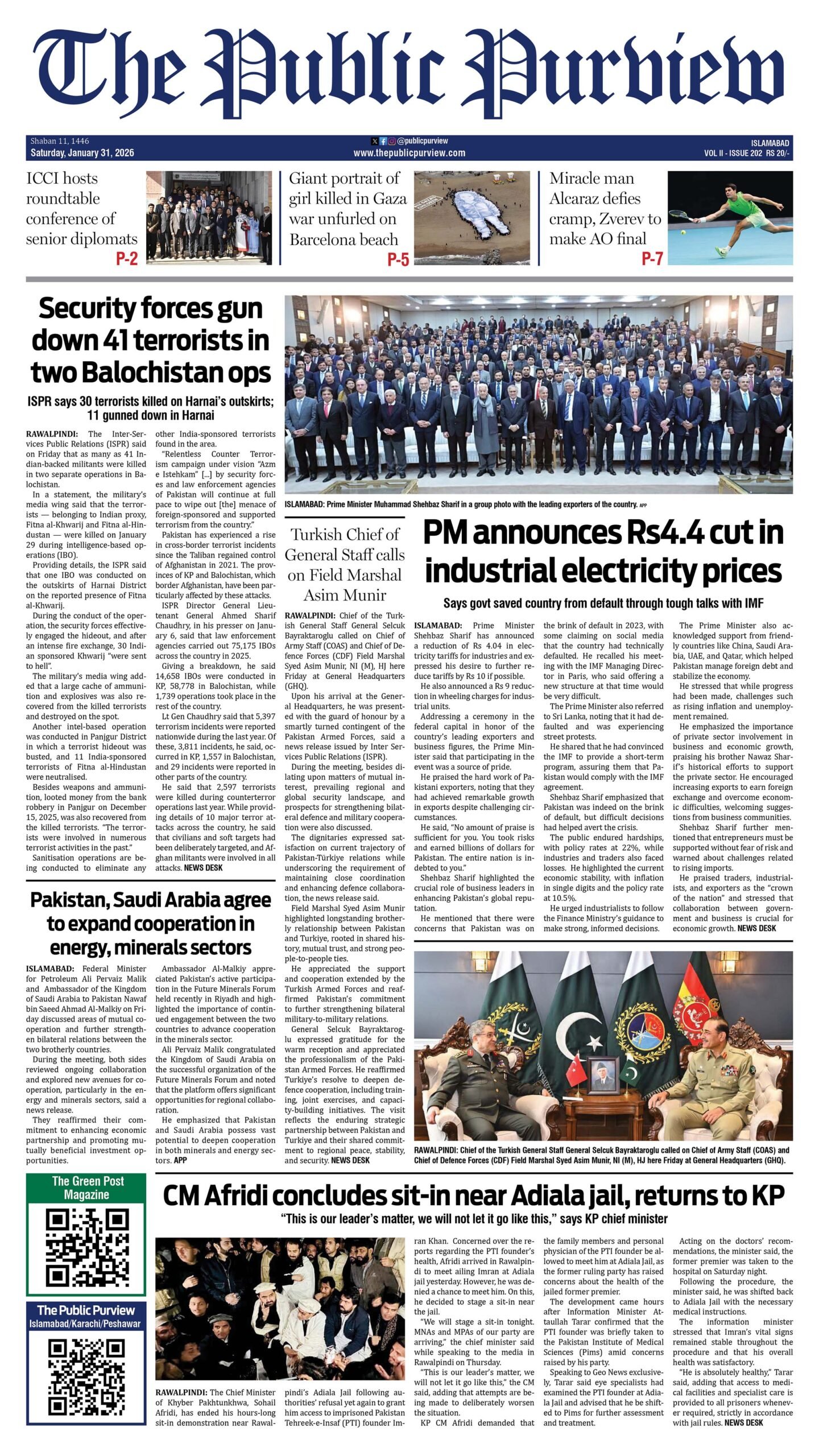
Muhammad Mutahir Khan Singhanvi
Pakistan’s economic and political situation reflects the global challenges at hand. Although the country has made efforts for economic stability over several decades, the steps being taken by the current government represent a new era. Finance Minister Senator Mohammad Aurangzeb stated that negotiations with the IMF are progressing in the right direction. The government’s goal is to achieve Pakistan’s Economic Stability through sustainable reforms. His words carry foresight and relevance, not only for the domestic economy but also for the global financial system.
For Pakistan, negotiations with the IMF remain complex yet necessary. In order to manage debt repayments and maintain fiscal discipline, the country must preserve strong relationships with international financial institutions. Aurangzeb clarified that the government will not impose additional taxes. However, this does not mean the economy will avoid future difficulties. With investment opportunities in energy, mining, and technology, the government is actively working to attract American investors. Therefore, an investment conference in Washington could become a key step toward improving Pakistan’s Economic Stability.
Moreover, a major shift in policy involves transferring tax authority from the Federal Board of Revenue to the Ministry of Finance’s Tax Policy Office. This aims to improve tax collection and make budget preparation more transparent. Not only will this help stabilize the economy, but it will also benefit the public. A more efficient tax system provides the government with additional resources for development and national priorities.
In addition to tax reform, Pakistan’s export performance has also improved. The Finance Minister noted that the trade balance is now stronger. This is vital for growth. He urged every industry to include an export component. That way, Pakistan can strengthen its global position and escape the boom-bust cycle.
Furthermore, one of the most promising global opportunities is cryptocurrency and the digital economy. Aurangzeb emphasized Pakistan’s potential in this space. Embracing crypto could open new paths for development and reinforce the financial system. Pakistan has advanced the Virtual Authority Bill, which supports its digital ambitions. As more countries legalize crypto, Pakistan must act quickly to benefit.
On the financial front, Pakistan has successfully repaid Euro and Panda bonds. These repayments have improved its reputation in global markets. Aurangzeb confirmed that Pakistan repaid $500 million in Euro bonds and plans to repay $1.3 billion more in April. These actions signal progress toward Pakistan’s Economic Stability and reflect the government’s commitment to honoring international obligations.
Additionally, the government plans to issue Panda bonds to deepen economic ties with China. This move could attract investment and stabilize trade relations. Strengthening the China-Pakistan economic corridor is essential for global integration. As a result, Pakistan will be better positioned to expand its influence in regional markets.
Aurangzeb’s statement that Pakistan has achieved economic stability is encouraging. True growth requires more than fiscal discipline. It depends on foreign relations, domestic policy, and long-term planning. Clearly, current reforms show that Pakistan is working to secure its place in the global economic and political arena.
Despite internal and external challenges—terrorism, disasters, and underdevelopment—the government has taken key steps to improve international relations. These efforts, especially with the United States, could yield strong results. New cooperation in energy, mining, and tech may boost the economy. Consequently, Pakistan’s outreach to global partners is becoming more strategic and focused.
Domestically, politics remain turbulent. Yet the government continues to implement reforms. Tax policy changes, crypto investment, and global outreach are helping Pakistan build a stronger economic foundation. If these policies succeed, the country could enter a new phase of growth and stability. In turn, this would enhance investor confidence and improve the country’s global standing.
Aurangzeb’s message is clear: the government is ready to meet challenges and lead Pakistan toward a stable future. The path to Pakistan’s Economic Stability is difficult but achievable. Through coordinated action, strategic partnerships, and bold reforms, Pakistan can transform its economic trajectory and secure long-term prosperity.






 Today's E-Paper
Today's E-Paper